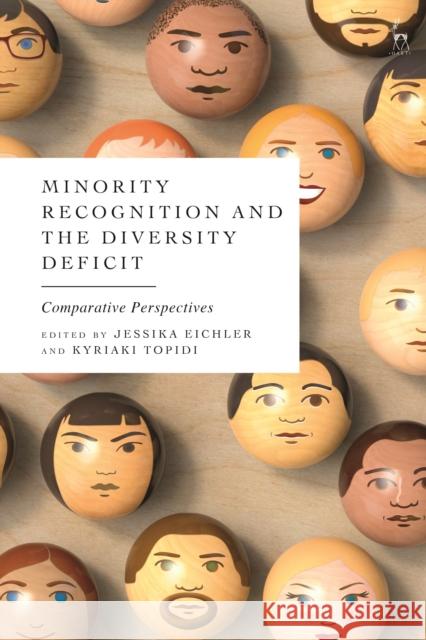Minority Recognition and the Diversity Deficit: Comparative Perspectives » książka
topmenu
Minority Recognition and the Diversity Deficit: Comparative Perspectives
ISBN-13: 9781509953073 / Angielski / Twarda / 2022 / 256 str.
Minority Recognition and the Diversity Deficit: Comparative Perspectives
ISBN-13: 9781509953073 / Angielski / Twarda / 2022 / 256 str.
cena 464,00
(netto: 441,90 VAT: 5%)
Najniższa cena z 30 dni: 446,19
(netto: 441,90 VAT: 5%)
Najniższa cena z 30 dni: 446,19
Termin realizacji zamówienia:
ok. 30 dni roboczych.
ok. 30 dni roboczych.
Darmowa dostawa!
Kategorie:
Kategorie BISAC:
Wydawca:
Bloomsbury Publishing (UK)
Język:
Angielski
ISBN-13:
9781509953073
Rok wydania:
2022
Ilość stron:
256
Oprawa:
Twarda
Wolumenów:
01
Dodatkowe informacje:
Bibliografia
Obwoluta
Obwoluta











